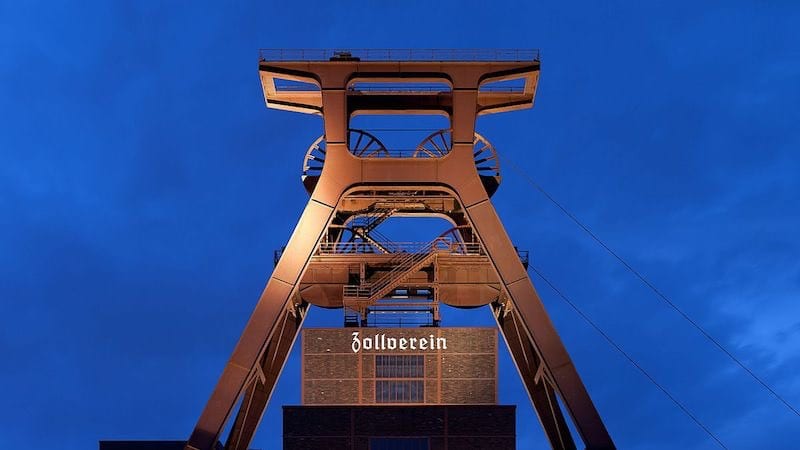
Germany’s coal phase-out strategy will be designed by a 31-member commission with four co-chairs, set to be launched by the cabinet on Wednesday.
In a sign of how contentious the topic is, the government deferred the launchthree times amid wrangling over the commission’s membership.
The final makeup of the body was reported in German media this week. An environment ministry spokesperson told Climate Home News it was “nearly 100%” certain to be signed off.
Climate advocates have warned the commission’s remit has been weighted towards economic stability over meeting international climate commitments.
Its name, the Special Commission on Growth, Structural Economic Change and Employment, does not reference climate or coal.
Unofficially, though, it is known as the Kohlekommission or coal commission. Its most hotly disputed output is an end date for burning coal: as late as 2045 under business-as-usual, or before 2030 if greens get their way.
Coal generates more than a third of Germany’s electricity and 80% of power sector emissions.
“At the moment, the climate is rather marginalised,” said Brigitte Knopf, head of the Mercator Research Institute. “I am not very optimistic that we will see a very powerful statement concerning the coal phaseout.”
Two of the commission’s co-chairs are former premiers of mining states: Brandenburg’s centre-left Matthias Platzeck and Saxony’s centre-right Stanislaw Tillich.
They are joined by climate economist Barbara Praetorius and former top finance official-turned-Deutsche Bahn lobbyist Ronald Pofalla.
Eight federal ministries and six states claim seats at the table, along with representatives of organisations ranging from Greenpeace to mining union IG BCE. They are to meet first on 26 June and report by the end of 2018.
With such a broad spectrum of participants, “this commission will find it very difficult to come to a conclusion”, said Michael Schäfer, climate lead at WWF Germany.
In an interview with Der Tagesspiegel, Green Party leader Annalena Baerbock accused the government of lacking the courage to make the politicised decision.
A ban on new coal mines and clear phaseout plan is best for the climate and workers, she argued. “It now needs all the climate protectors of this republic to save the thing,” she said. “Only then can Germany comply with the commitments made in the Paris climate agreement.”
The commission is also tasked with advising on short and medium-term carbon cutting plans.
It is to recommend measures to close the gap “as far as possible” to Germany’s 2020 emissions target. That is likely to involve closing 3-7GW of coal power stations, but fall short of the intended 40% cut from 1990 levels.
Beyond that, it will lay the groundwork for a climate law to be drafted in 2019 that will aim to reduce emissions to 55% of 1990 levels by 2030. Alongside coal, greening road transport is a key challenge for next decade.
These climate policies are to be balanced with transition plans to preserve jobs and living standards in mining regions. In 2016, an estimated 32,000 people were directly employed in the coal industry.
While that is a fraction the number working in renewables, the decline of coal has already depressed the fortunes of once-wealthy areas.
Sven Harmeling, Care International’s climate policy lead, said the commission should aim to complete its work before countries met in neighbouring Poland this December for the Cop24 UN climate talks.
Countries are set to finalise the rulebook for implementing the Paris Agreement and ratcheting up action to hold global warming “well below 2C” and aiming for 1.5C.
Trust in the process is fragile and Germany’s failure to live up to its 2020 climate promises has left a question mark over its international credibility.
“The coal phase-out trajectory must be guided by the Paris Agreement’s 1.5C limit and Germany’s fair contribution to it,” said Harmeling. “While the end year for the coal phase-out is important, it is not the only thing that matters.
First steps to really bring down emissions from coal need to be made quickly so to close as much as possible the gap to the 40% reduction target for 2020.”
Source: Climate Change News. Reproduced with permission.










